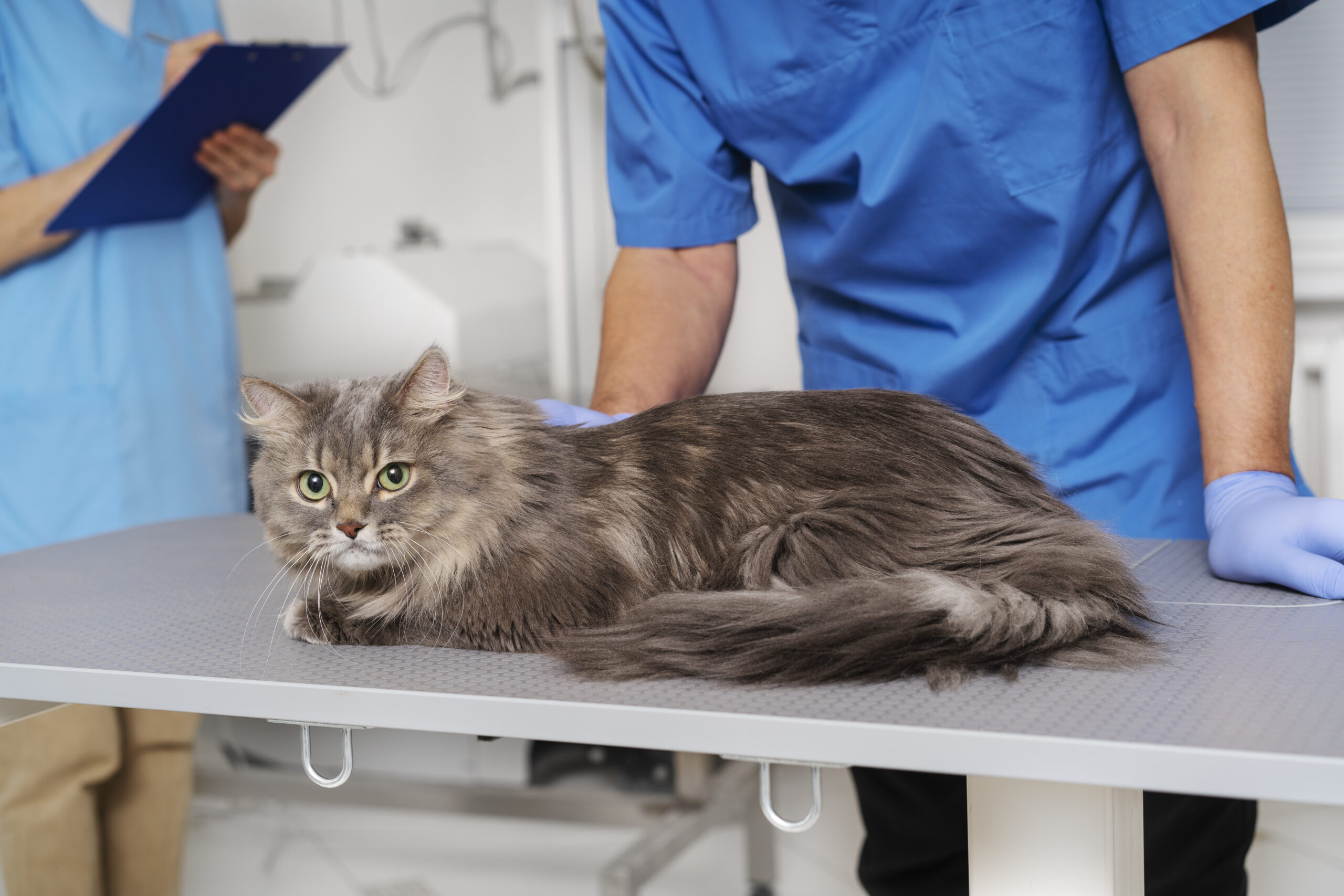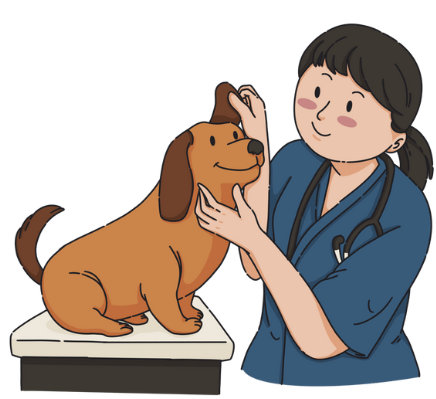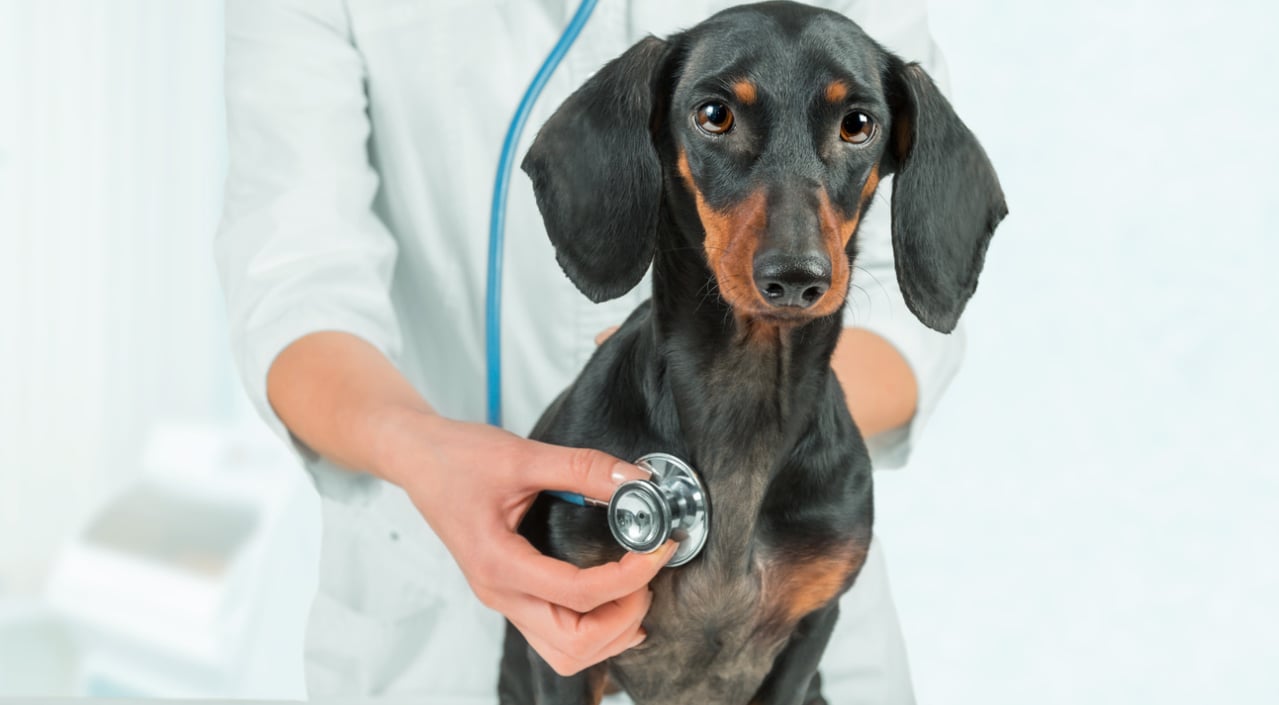Understanding the Cat Neuter Recovery Process
Cat neuter recovery time is an important period for both you and your furry friend. Knowing what to expect during your male cat’s recovery period is essential to ensure a smooth healing process.
Why It’s Important to Understand the Recovery Period
When you bring your cat home after his neutering surgery, it’s important to anticipate some changes in his behavior and physical condition. This understanding helps you provide the best care and recognize when something might be off.
The Neutering Procedure
Neutering, also known as castration, involves the surgical removal of a male cat’s testicles. It’s a routine procedure performed under anesthesia by a veterinarian. The surgery is quick, but it requires careful post-operative care to ensure proper healing.
- Pain Management: Your vet will prescribe pain medication to help manage any discomfort.
- Rest and Comfort: Create a quiet, comfortable space for your cat to rest.
- Incision Monitoring: Keep an eye on the incision site for signs of infection.
Understanding these aspects of the neutering process sets the stage for effective post-surgery care, ensuring your cat heals well and comfortably.
To provide the best care during your cat’s neuter recovery, it’s crucial to have access to quality veterinary services that offer specialized care. San Diego Animal Hospital offers trusted veterinary services and compassionate care clinics that can cater to your pet’s needs throughout their life.
These resources are especially valuable if you reside in areas like Miramar and surrounding regions.
Furthermore, being aware of different types of emergencies that can arise with your pet and knowing how to handle them is vital for every pet owner.
Common Side Effects and How to Manage Them
Neutering is a routine procedure, but it’s common for male cats to experience some discomfort afterward. Here are the most frequent side effects after cat neutering and tips on managing them.
Pain, Swelling, and Grogginess
Cats may exhibit:
- Pain: Post-neuter discomfort in cats can manifest as restlessness or vocalization.
- Swelling: Mild swelling around the incision site is typical.
- Grogginess: Anesthesia’s aftereffects can make your cat appear drowsy or uncoordinated.
Managing Each Side Effect
Administering Pain Medication
Your vet will prescribe pain medication to help manage discomfort. It’s crucial to:
- Follow Dosage Instructions: Ensure you administer the correct dose at the recommended intervals.
- Monitor Your Cat: Watch for any adverse reactions to the medication, such as vomiting or lethargy.
For more detailed advice and veterinary support, consider reaching out to Black Mountain Animal Hospital in La Jolla for personalized care.
Creating a Comfortable and Quiet Space
A calm environment aids recovery by minimizing stress. Set up:
- A Cozy Resting Area: Use soft bedding in a quiet room away from household noise.
- Limited Movement: Restrict your cat’s activity to prevent strain on the incision site.
If you need guidance on creating an ideal recovery space, consult professionals at Black Mountain Veterinary Care Hospital in the Black Mountain area.
Monitoring the Incision Site
Regular checks of the surgery site ensure complications are caught early:
- Look for Redness, Swelling, or Discharge: These signs could indicate an infection.
- Prevent Licking: Use an e-collar if your cat attempts to lick the incision excessively.
Should you notice any unusual symptoms, seek immediate assistance from a trusted veterinary clinic like Rancho Penasquitos Veterinary Care Hospital in Rancho Penasquitos.
By staying vigilant and providing attentive care, you can help your furry friend recover smoothly and comfortably.
Preventing Complications During the Healing Period
Monitoring Your Cat’s Progress
It’s important to keep a close eye on your cat after neutering. By paying attention to any changes or problems, you can help them recover quickly and without any issues. Here are some key things to do during this time:
- Check on Them Daily: Take a few minutes each day to observe your cat and see how they’re doing. This will allow you to catch any potential complications early on.
- Look for Warning Signs: Be aware of the following symptoms that may indicate a problem:
- Abnormal Urination/Defecation: If your cat is having trouble using the litter box or if you notice blood in their urine or stool, it’s important to contact your vet.
- Excessive Bleeding: Some minor bleeding is normal after surgery, but if you see a lot of blood or if it doesn’t stop, it’s a cause for concern.
- Pay Attention to Their Incision Site: Check the area where your cat was neutered for any signs of infection, such as redness, swelling, or discharge.
- Watch Their Behavior: Changes in behavior, such as being more tired than usual or hiding more often, could indicate that your cat is in pain or discomfort.
- Monitor Their Eating and Drinking: Make sure your cat is still eating and drinking normally. Loss of appetite or thirst could be a sign of an underlying issue.
By following these steps and staying vigilant, you can help ensure that your cat has a smooth recovery after being neutered.
[!TIP]
For urgent concerns, consider visiting San Diego Veterinary Urgent Care where experienced vets offer emergency care and pet treatment.
[!NOTE]
Taking these steps seriously ensures you’re proactive in preventing post-neuter complications.

It’s also important to stay on top of your cat’s overall health by keeping up with their vaccinations. Regular Kitten visits offered by San Diego Veterinary clinics like the Black Mountain Animal Hospital can protect your pet from serious diseases, ensuring their well-being even beyond the neutering procedure.
Creating a habit of regular checks will not only ease your worries but also provide the best care for your furry friend during their recovery period. And remember, if you ever need emergency care or advice, you can always rely on the expertise of the professionals at the Animal Emergency Hospital.
Supporting Your Cat’s Recovery with Proper Care
Following the Veterinarian’s Instructions
It is important to follow your vet’s post-operative guidelines for your cat to recover smoothly. Here are the key things you should do:
- Medication Administration: Make sure you give any prescribed pain medication exactly as instructed. This will help manage discomfort and prevent complications.
- Wound Care: Keep an eye on the incision site, making sure it stays clean and dry. Avoid letting your cat lick or scratch at the area, and use an Elizabethan collar (cone) if necessary.
- Diet: Your vet may recommend a specific diet that is easy on your cat’s stomach. Stick to this recommendation to avoid digestive issues.
Tips for Reducing Stress and Facilitating Healing
Creating a calm and comfortable environment can significantly aid in your cat’s recovery. Here are some tips:
- Pheromone Sprays or Diffusers: Products like Feliway can help create a soothing atmosphere. These sprays mimic feline facial pheromones, promoting a sense of safety and well-being.
- Gentle Interactive Play: While it’s important to limit physical activity, engaging your cat in gentle play can keep them mentally stimulated without straining their healing body. Use feather wands or laser pointers to entertain them without causing undue exertion.
Maintaining a tranquil setting is key during this period. Consider using a quiet room where your cat won’t be disturbed by loud noises or other pets.
Ensuring proper care during the recovery phase not only speeds up healing but also helps build a stronger bond with your furry friend.
Understanding Behavior Changes in Neutered Male Cats
Neutering can significantly influence male cat behavior. One notable change is a decrease in aggression. Many pet owners observe that their once territorial and combative cats become more relaxed and sociable. This transformation is often welcomed in multi-pet households where harmony is key.
Another common behavioral shift involves urine marking. Intact male cats frequently spray to mark territory, but this behavior tends to diminish post-neutering. While neutering doesn’t guarantee the complete cessation of spraying, there’s usually a marked improvement.
Managing Expectations
It’s crucial to set realistic expectations. Although many cats exhibit positive changes after neutering, such as reduced roaming and fewer fights with other animals, it’s not a cure-all for every behavioral issue. Personality traits ingrained in your cat might remain unchanged.
For instance, a naturally timid or anxious cat won’t necessarily become outgoing overnight.
For any concerns about your cat’s behavior post-surgery, don’t hesitate to seek professional advice. The team at Black Mountain Animal Hospital can provide insights and support tailored to your pet’s needs.
In certain cases, unexpected complications may arise during recovery. If you notice unusual behaviors or symptoms, reaching out to an emergency vet ensures prompt care and peace of mind for both you and your furry friend. They have an excellent emergency vet service in the Rancho Santa Fe area as well.
Remember, proactive measures such as regular visits to a reliable pet vaccination clinic like the one at Black Mountain Animal Hospital can go a long way in maintaining your cat’s overall health and well-being.
Conclusion
Providing your cat with proper care and support during their recovery is crucial for a smooth healing process. Understanding how long it takes for a cat to recover from neutering and being prepared for common side effects will ensure that your male cat feels comfortable and safe.
If you have any concerns or questions about the neutering process or post-operative care, it’s always a good idea to consult with a veterinarian. They are your best resource for personalized advice and professional guidance.
Male cat neutering is a routine procedure that offers numerous benefits:
- Reduces unwanted behaviors such as aggression and urine marking
- Helps control the pet population
- Enhances overall health and longevity
By taking these steps, you’re not only helping your own pet but also making a positive impact on the larger cat community.
Let’s make sure our furry friends recover smoothly from their surgeries and continue to lead happy, healthy lives!
FAQ
The typical recovery time for a male cat after neutering is about 10 to 14 days. During this period, it's important to monitor your cat and ensure they receive proper care.
Common side effects include mild pain, swelling at the incision site, and grogginess due to anesthesia. These usually subside within a few days.
Your veterinarian will prescribe pain medication. Ensure you follow the dosage instructions carefully and monitor your cat for any adverse reactions.
If you notice redness, swelling, discharge, or if your cat is excessively licking the incision site, contact your veterinarian immediately as these could be signs of infection.
It's important to limit your cat's activity for at least a week to prevent strain on the incision site. Provide a quiet, comfortable space for them to rest and recover.
Neutering often leads to reduced aggression and a decrease in urine marking. While not all behavioral issues will be resolved, many cats become more relaxed and sociable.










